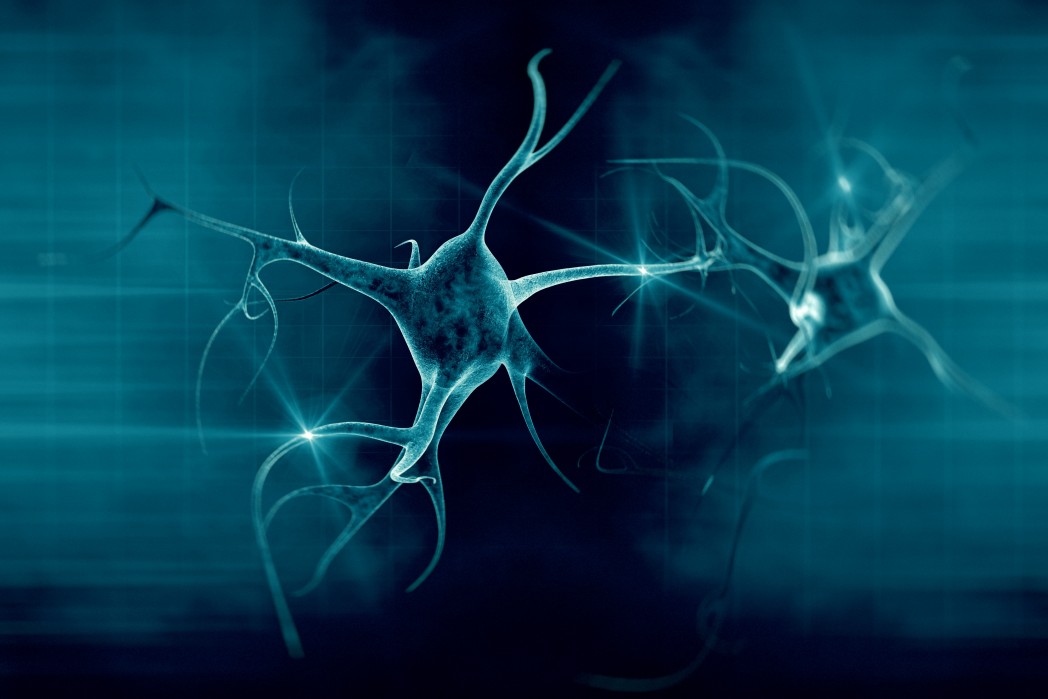Abnormal Enzyme SOD1 Increases Amyloid Precursor Protein Activity in ALS

Israeli researchers may have found that a protein related to Alzheimer’s disease can also run amuck in amylotrophic lateral sclerosis (ALS). The report, titled “Mutant SOD1 Increases APP Expression and Phosphorylation in Cellular and Animal Models of ALS” appeared November 24th in PLoS One.
In ALS (also known as Lou Gehrig’s Disease), nerve cells that control movement progressively die in the brain and spinal cord. The disease has no cure and is eventually fatal. Improved understanding of how ALS develops as well as treatments that can halt the disease are greatly needed, and are the subject of substantial research.
The amyloid precursor protein (APP) is well-known for its role in Alzheimer’s disease. When it is abnormally cut by enzymes called beta secretase and gamma secretase, it leads to the accumulation of beta-amyloid, a toxic protein causing neuron death in Alzheimer’s. According to this study’s results, APP could also be involved in ALS.
In this research, led by Polina Rabinovich-Toidman of the Department of Molecular Microbiology & Biotechnology, George S. Wise Faculty of Life Sciences, Tel-Aviv University, the team studied a mouse model of ALS called the SOD1G93A ALS mouse model, which has a mutant version of the enzyme superoxide dysmutase. Mutations of this enzyme are known to cause familial ALS. SOD1 has the normal function of mopping up toxic free radicals and protecting cells from being damaged by them.
Surprisingly, in the mutant animals increased levels of APP and increased phosporylation (an addition to the protein) occurred. These processes could contribute to ALS disease and the degeneration of nerve cells that occurs in ALS. The scientists were able to diminish ALS symptoms in the animals, and to increase their lifespan, by blocking APP β-secretase with an antibody called BBS, which dimished levels of APP and toxic by-products of APP, including APPβ and pro-apoptotic p53.
The scientists noted in their report, “This study demonstrates that APP and its processing products contribute to ALS pathology through several different pathways; thus BBS antibody could be a promising neuroprotective strategy for treatment of this disease.”
BBS might be used in the future as a treatment for ALS, however, studies in humans would first need to be conducted. Before that can happen the safety and effectiveness of the treatment needs to be validated in animal models.






